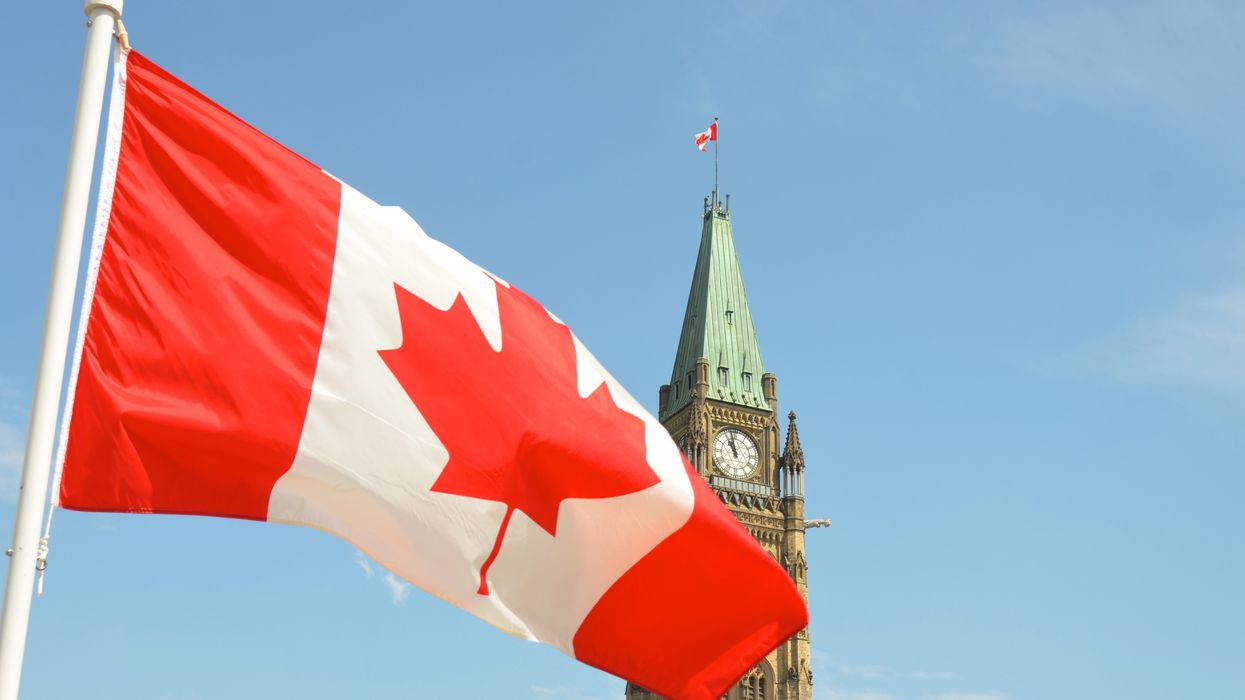Canada Claims That A Russian Cyber Threat Tried To Steal COVID-19 Vaccine Info
Health organizations are being told to check if their information has been compromised. Canada's COVID-19 vaccine research was almost stolen during some Russian cyber threat activity according to the government. The U.S. and the U.K. are also alleging that they were targeted.
On July 16, Canada's Communications Security Establishment put out a statement with pretty serious allegations about a Russian cybersecurity threat.
It said that the attack was directed at organizations in Canada, the U.S. and the U.K. that are continuing to work on COVID-19 response and recovery efforts.
That includes organizations doing vaccine research.
Canada is alleging that the "malicious" Russian activities were likely done to try and steal information about the development and testing of vaccines here and to slow response efforts.
The security organization has reason to believe that APT29, also named "the Dukes" or "Cozy Bear", is responsible for the cybersecurity threat.
The statement also said that the group is "almost certainly" a part of Russian intelligence services.
On Twitter, the Communications Security Establishment also notified Canadians about what happened.
Health organizations in Canada are being told to look for signs that their data might have been compromised by this and take any action necessary to protect themselves.
Harjit Sajjan, Canada's Minister of National Defence, took to Twitter to address this.
"Let's call out bad behaviour," he said.
He also noted that it's important to not only defend Canada's healthcare organizations and national interests but also those of our "allies."
A day before the Communications Security Establishment released information about the cyber threat, Justin Trudeau shared an op-ed in which he and other world leaders called for a commitment to distribute a COVID-19 vaccine equitably.
"Vaccines save lives," he said in a tweet. "We must keep working together to make sure that people everywhere have access to it."
There have been lots of efforts in Canada to create a vaccine for this virus.
A company in Quebec has started human trials for one that's derived from plants.
Researchers in Saskatchewan are hoping to begin testing one on humans in the fall.
Health Canada has also approved clinical trials at the Canadian Centre for Vaccinology at Dalhousie University in Nova Scotia.
